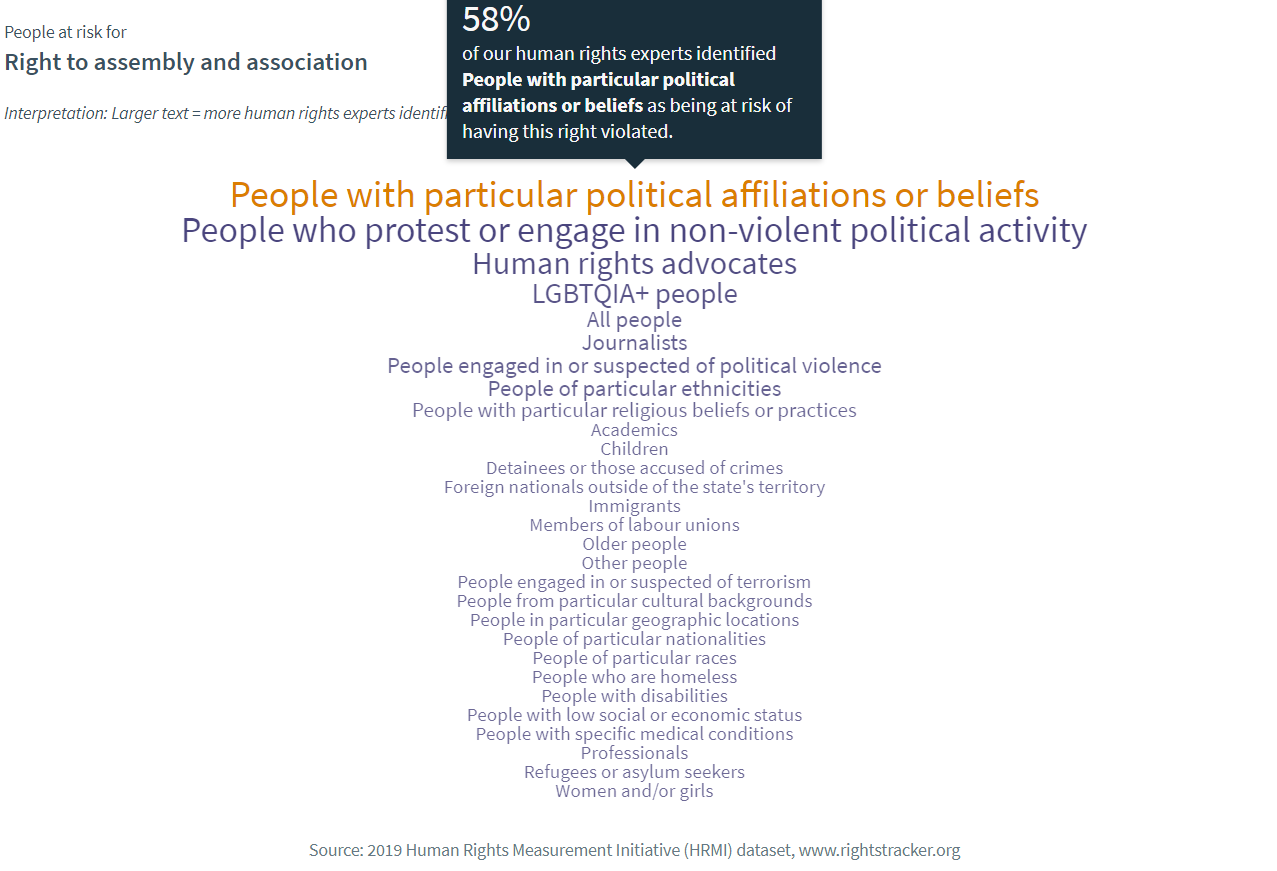
The discourse surrounding human rights has gained profound significance in contemporary society, raising numerous inquiries about the fundamental principles that govern the treatment of individuals, particularly in relation to torture. A salient question that emerges within this context is: “Which Amendment Outlaws the Use of Torture in the U.S.?” The United States Constitution, through various amendments, delineates the rights of individuals, including protections against inhumane treatment. This article endeavors to explore the intricacies of these amendments, alongside the broader implications of torture and human rights.
At the heart of the United States legal framework lies the Eighth Amendment, ratified in 1791 as part of the Bill of Rights. It explicitly prohibits “cruel and unusual punishments.” This clause has been pivotal in shaping the discourse on torture, as many legal scholars and human rights advocates contend that such acts inherently fall under the umbrella of cruel and unusual punishment. The historical context of the amendment reveals a profound aversion to barbaric treatment, echoing Enlightenment principles advocating for dignity and respect for individuals, even those who transgress societal norms.
In addition to the Eighth Amendment, the Constitution’s Fifth Amendment also plays a crucial role in the protections against torture. It provides that no person shall be “deprived of life, liberty, or property, without due process of law.” This foundational principle of due process underscores the importance of legal protections against arbitrary or capricious treatment, reinforcing the idea that torture, by its very nature, violates the essence of lawful proceedings and human dignity. The interrelation between the Eighth and Fifth Amendments creates a robust bulwark against inhumane treatment.
Exploring beyond the constitutional framework, it is imperative to consider the broader legal and ethical principles that govern the prohibition of torture. International treaties, such as the United Nations Convention Against Torture (CAT), provide a global perspective on human rights, asserting that torture is unequivocally intolerable, regardless of circumstances. The United States is a signatory to this convention; however, adherence and implementation remain contentious issues, giving rise to heated debates within both legal and political spheres.
The fascination with torture often stems from its paradoxical nature. On one hand, there is an innate horror and revulsion associated with the brutality of such acts. On the other, historical narratives often highlight instances where torture has been rationalized as a means to an end, such as national security or intelligence gathering. This dichotomy engenders a complex dialogue about morality, legality, and the very fabric of civil society. Perpetrators of torture frequently invoke the specter of imminent threats to justify their acts, yet such rationalizations beg deeper ethical inquiries and highlight the precarious balance between security and human rights.
The psychological impact of torture extends beyond its immediate victims, reverberating throughout society. Instances of torture leave indelible scars on communities, instigating cycles of violence and exacerbating distrust in authoritative institutions. The ramifications of torture often manifest as social disintegration, leading to a populace that is not only traumatized but also polarized. Therefore, addressing the issue of torture necessitates a holistic approach, encompassing not only legal reforms but also a societal commitment to uphold dignity and compassion.
Moreover, the prevention of torture is not solely the responsibility of governments; it also requires active engagement from civil society. Advocacy groups, grassroots organizations, and individuals play a vital role in holding governments accountable and raising awareness about human rights violations. Public discourse around torture can influence policy and encourage legislative changes. By fostering a culture of accountability and transparency, societies can collectively reaffirm their commitment to abolishing torture in all its forms.
In examining the broader implications of torture, it becomes evident that the battle against inhumane treatment is intrinsically linked to the promotion of human rights as a universal value. The fight against torture is not merely a legal endeavor; it is a moral imperative that evokes a collective conscience. Cultivating an ethos that prioritizes human rights involves education, advocacy, and a commitment to challenge norms that tolerate or justify cruelty.
In retrospect, the constitutional amendments play a pivotal role in outlawing torture within the United States, predominantly through the Eighth and Fifth Amendments. Yet, the scope of this prohibition extends beyond legislative measures to encompass a deeper societal mandate. The prohibition of torture must resonate within the collective ethos, urging individuals and institutions alike to confront the troubling realities of inhumane treatment. The dialogue surrounding torture continues to evolve, reflecting an ongoing struggle against forces that threaten human dignity, urging a commitment to affirming the values essential for a just and humane society.
Ultimately, the conversation surrounding torture and human rights is not one of static measures but one of dynamic engagement. As society grapples with the challenging intersections of law, morality, and human rights, the imperative to outlaw torture will remain a paramount issue deserving of relentless scrutiny and advocacy. The path toward a world free from torture is fraught with challenges, yet it is through sustained efforts and a collective commitment to uphold the sanctity of human rights that progress can be achieved. In recognizing the complexities and moral dilemmas surrounding torture, humanity can aspire to forge a future grounded in dignity, respect, and unwavering commitment to human rights for all.
